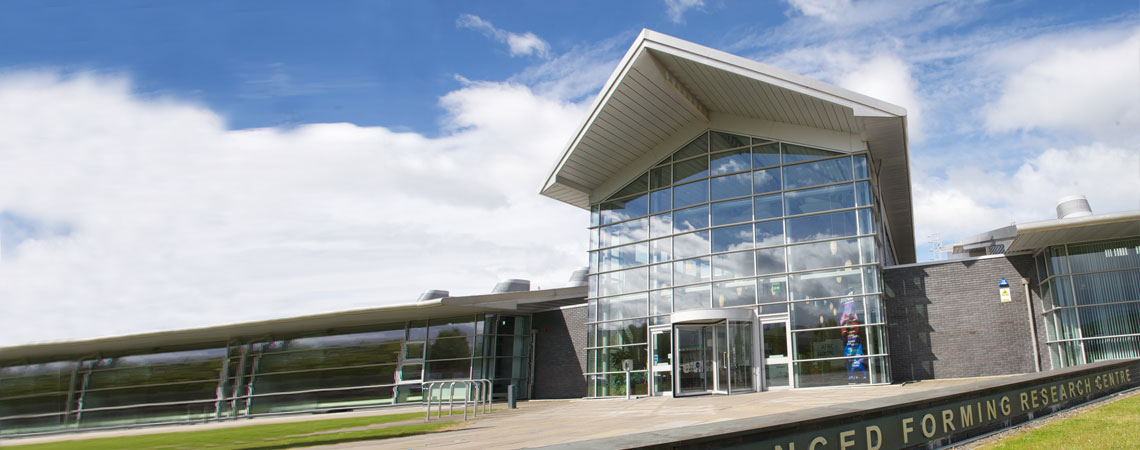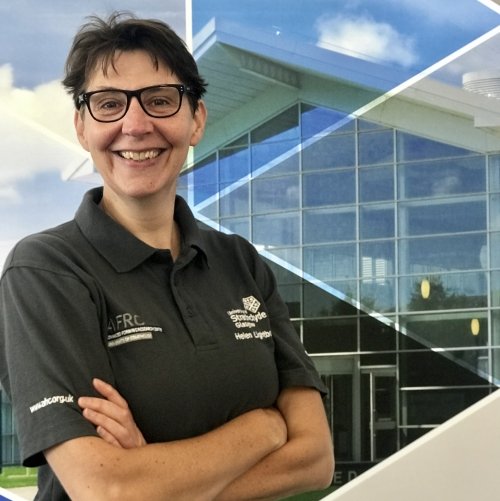Why did you pick the University of Strathclyde as an institution?
My brother is a graduate of Strathclyde (also DMEM) and I was influenced by his experiences during his time here; although Strathclyde’s reputation for Engineering was the main consideration; and having seen the facilities during an open day, I decided that this was the best institution for me to study at.
Why did you choose your programme?
Growing up I had spent quite a lot of my time out in the garage ‘helping’ my dad fix cars and I had developed an interest in how things were made, so when I read about the Manufacturing Engineering and Management course in the Strathclyde prospectus, I was delighted to find a course that was going to give me the opportunity to learn how to design the processes to make things, how to select the machines that were going to be used and how products can be made as efficiently and as safely as possible.
What was it like studying in DMEM?
A significant factor in studying in DMEM was the enthusiasm of the staff.
I was taught by people who were passionate about their subjects and who were able to share their interest.
The Engineering Applications Centre provided a fantastic chance to do some practical engineering and some of the skills picked up there and in the sand casting labs have helped me in various roles during my career.
What key skills/approaches did you learn as part of your studies?
The main takeaway from my studies and what I think gave me an advantage was actually the summer placements I had and the opportunity this gave me to put the academic learning into context and into practice.
Where has your career gone since you graduated?
I started my career as a Teaching Company Associate which was the forerunner to today’s Knowledge Transfer Partnership introducing a new product into market for a small engineering company making valves for the water industry. From there I spent some time in a knitwear company and also got some experience in the electronics industry as a Production Engineer before being invited back to the valve manufacturer as their Production Control Manager. I had some excellent opportunities while there, including the chance to work with a foundry that we bought over and a Joint Venture in Malaysia, to improve their processes and increase their productivity and quality.
From there I moved on to Weir Pumps where I had a variety of roles, from Manufacturing Project Manager for their Oil Business Unit, to Machine Shop Manager and finally designing, implementing and operating the Weir Pumps Integrated Business Planning processes.
This experience allowed me to move to the Babcock International Group initially as their Business Planning Manager at HMNB Clyde, but quickly moving onto more senior roles in Programme Management and finally as the Head of Engineering Services, responsible for teams who provided calibration services for operational platforms; non-destructive testing on board vessels; commissioning of equipment and systems; and implementation of design upgrades and changes.
I took up post in July this year (2019) as the Chief Operating Officer for the Advanced Forming Research Centre. I am thoroughly enjoying the new challenge and very excited to be part of the Centre and its role in the set up of the National Manufacturing Institute Scotland.
For those inspired by your career path, what tips would you share for someone wishing to pursue a career with a well-known competitive brand such as Weir Group or Babcock?
Working for a blue chip company is great but its more about you than the employer, and working with an SME can actually provide more scope and opportunity to get out of your comfort zone and help you develop personally and professionally, gaining the experiences and skills that will set you in good stead for the rest of your career no matter which company you are working for.
How do you tackle the challenge of managing such large teams?
I’m a big fan of the purpose, mastery and autonomy model.
I believe that the keys to managing teams of any size are: ensuring that team objectives are well communicated and understood; ensuring that the individuals in the team understand their roles and responsibilities, and where they fit into the team; creating the safe environment that makes teams feel sufficiently empowered to make decisions; and then stepping back and letting them get on with it without being micro-managed but being coached and supported where and when required.
What excites you about the future of manufacturing?
I think the most exciting thing about the future of manufacturing is the challenge to harness and capitalise on the use of technology to boost productivity and streamline production in ‘smart factories’. Coupled with that is the cultural change that will be required to train and develop the workforce to work with those new technologies.
If you could tell your 18-20-year-old self some advice, what would it be?
There’s no such thing as a wrong decision because you are going to learn something valuable from every one you make, just accept that sometimes it’s going to be the hard way.
What would you say to someone considering studying in or working with DMEM?
Don’t hesitate, having seen the breadth and depth of achievement of students who have come from DMEM over the last 30 years, there are endless possibilities and opportunities.
The incredibly talented people in the wide DMEM family, the facilities that they have both within the department and across the university, and the established strong links into industry, are just a few reasons that working with DMEM is a unique and worthwhile prospect.

